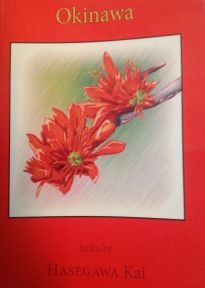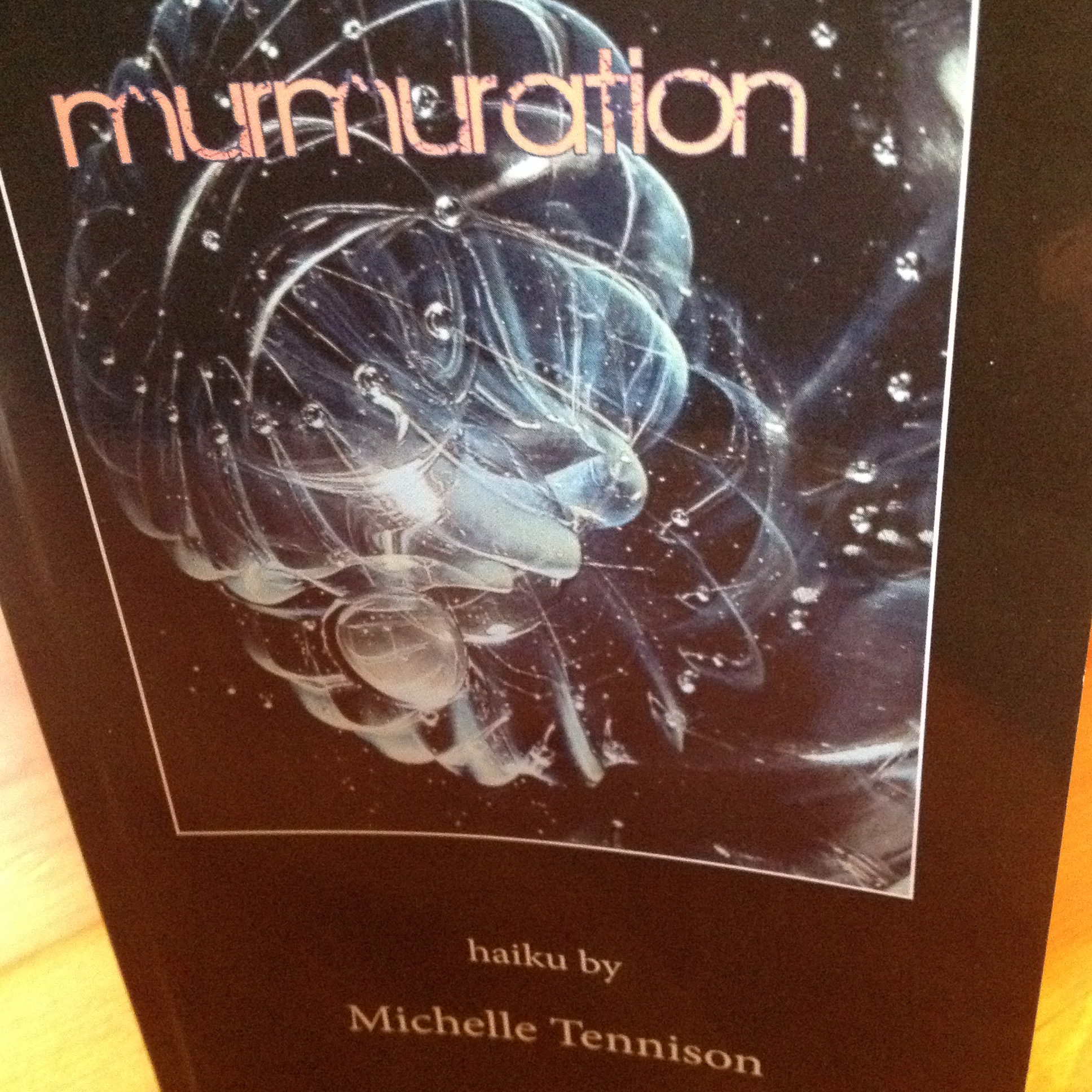I’m pleased to announce that my second poetry collection, ea’s e, is now available from Red Moon Press. I hope you’ll consider getting a copy and letting anyone know who you think might be interested in it.
Some comments on the collection:
“Writing at the confluence of traditions of global haiku and experimental, minimalist poetry in the line of Creeley, Grenier and Dworkin, Metz conjures inspiringly strange, new forms of utterance: poetic spells that work their magic without wishing themselves – as fractured, material text – away. In an epigraph, Metz quotes Grenier asking, “Is it a long poem if you look at it long enough?” The textured poems in this book indeed reward “long” looks, often drawing us deeply into reflections on private and public (but always personal) themes, ranging from “corp/orate/contami/nation” to childhood innocence. Metz’s earlier, ground-breaking work in lakes & now wolves (2012) comes to fuller fruition in this exciting and substantial collection of genuinely exploratory short-form poetry.”
—Philip Rowland (editor, NOON: An Anthology of Short Poems; coeditor, Haiku in English: The First Hundred Years)
.
“Reading through this collection it is difficult to keep in mind that this is the work of a single poet rather than an anthology of contemporary short poetry. Metz is easily the most creative of the poets working at the interface of haiku and minimalist poetry. This book could serve as a primer of what is possible to do in the short poem. I was blown away.”
—Lee Gurga (editor, Modern Haiku Press)
.
“Over the past ten years Scott Metz has created an astonishing book that turns the act of reading inside out. His poems work on the reader; through unsettling syntax and scoring akin to musical notation, he makes us look and look again until we reach something there all along: the world. His bounding wolves of a decade ago make an even greater leap here, and they are still in the air.”
—John Martone
.
“Scott Metz’s haiku is like no one else’s. In ea’s e, his first collection with Red Moon Press, you will discover what he’s been up to for the past decade. Divided into 9 sections by orthographical technique, the poet questions what letters mean, what space does to that meaning, and what the mind is doing when it isn’t running on auto-pilot. You will never read haiku the same way again.”
—Jim Kacian (Red Moon Press website)
❧
“Scott Metz is challenging normative haiku on every level, as a poet with his explorations into found haiku, striking wordplay, typography, and surreal content, but also as an editor and anthologist.”
—Jim Kacian (Haiku in English: The First Hundred Years)
❧









